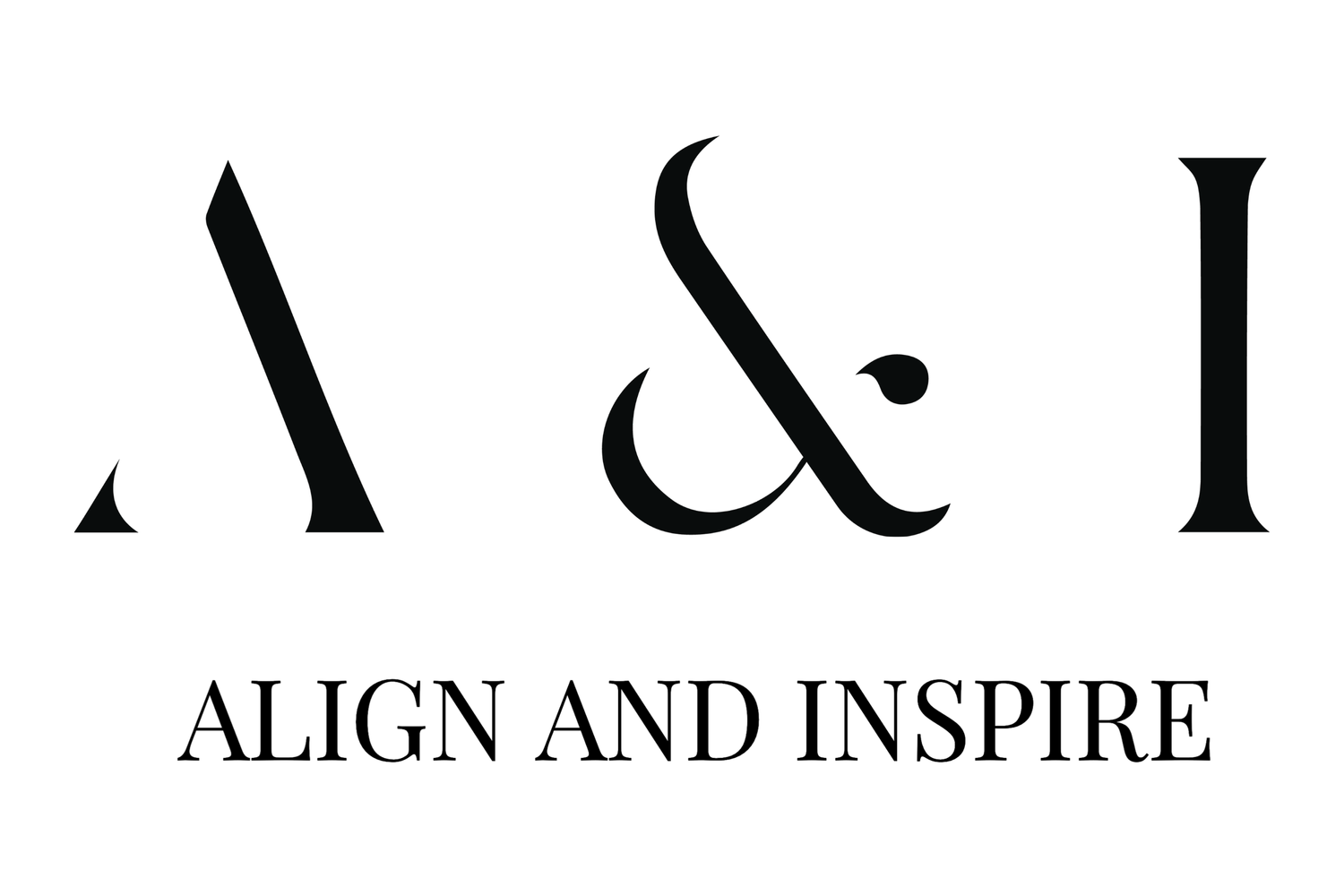Bakuchiol vs Retinol
What is Bakuchiol?
Bakuchiol is a natural alternative to retinol, known for its benefits and gentle effects on the skin. Bakuchiol comes from the seeds of the Psoralea corylifolia plant, or bakuchi, which has been used in Ayurvedic and Chinese medicine for centuries.
Bakuchiol and Retinol have many similar benefits, but bakuchiol is plant-based and has a higher safety score than retinol. Retinol can cause skin sensitivity and irritation, unlike Bakuchiol, which is known for being more gentle. Bakuchiol can be extracted using various methods that affect its safety score, sun sensitivity, and effectiveness.
What’s the Research on Bakuchiol?
1. Stimulates Collagen Production:
Recent studies have shown that bakuchiol stimulates collagen production, improves skin elasticity, and reduces the appearance of fine lines and wrinkles.
Supporting Research: A 2014 study showed that, after 12 weeks of bakuchiol oil treatment, significant improvement in lines and wrinkles, pigmentation, elasticity, firmness, and overall reduction in photodamage was observed without the usual retinol therapy-associated undesirable effects.
2. Evens Skin Tone:
Regular use of bakuchiol serum can help fade dark spots, hyperpigmentation, and other forms of skin discoloration.
Supporting Research: A 2022 study found that bakuchiol was as effective on fine lines and hyperpigmentation as retinol, with less irritation, peeling, and burning.
"The Use of Bakuchiol in Dermatology: A Review of In Vitro and In Vivo Evidence"
3. Gentle on Sensitive Skin
Bakuchiol, unlike retinol, has been shown to calm inflammation and redness and strengthen the skin barrier, making it a safer and gentler option for sensitive skin. However, it's important to note that bakuchiol can still be drying and should be used with a moisturizer, to ensure your skin's health.
Supporting Research: In a 2022 study, bakuchiol oil was found to be just as effective on fine lines and hyperpigmentation as retinol, with less irritation, peeling, and burning.
"The Use of Bakuchiol in Dermatology: A Review of In Vitro and In Vivo Evidence"
4. A Safe and Natural Alternative to Retinol, including for pregnant women:
Bakuchiol has the safest EWG score, including being safe for pregnant and breastfeeding women, unlike retinol, which is not recommended for pregnant women and has an unfavorable EWG score.
SOURCE:https://www.ewg.org/skindeep/ingredients/716846-BAKUCHIOL/
Retinol has an EWG Hazard Score 9 (high Hazard), which has been shown to not be safe for breastfeeding and pregnant women but also affects reproductive health.
source: https://www.ewg.org/skindeep/ingredients/706889-RETINOL_VITAMIN_A/
5. Anti-inflammatory and Antibacterial
Bakuchiol's anti-inflammatory and antibacterial properties make it an effective ally in the battle against acne.
Supporting research: A 2022 review showed bakuchiol is a retinol alternative with anti-aging, antibacterial, and anti-inflammatory properties. "Applications of bakuchiol in dermatology: Systematic review of the literature."
What are the Different Types of Bakuchiol?
Underived Bakuchiol = Chemical Free = Dark Brown Bakuchiol
Naturally Extracted Bakuchiol = Solvent Free = Red Bakuchiol
Synthetically Extracted Bakkuchiol = Solvent/ Chemical Extracted = Clear bakuchiol
Underived Bakuchiol = Chemical Free = Dark Brown Bakuchiol
Many anecdotal reports have reported underived/unrefined bakuchiol as the most effective and potent form, but sunscreen must be used. Underived bakuchiol is cold-pressed bakuchi oil containing 2-12% bakuchiol. Many prefer it for its natural, chemical-free properties, but it's important to note it's not pure bakuchiol. Other compounds present in bakuchi can increase skin photosensitivity, so sunscreen is essential. This form of bakuchiol has been used for centuries to benefit the skin in South East Asia.
Naturally Extracted Bakuchiol = Solvent Free = Red Bakuchiol
Pure, naturally extracted bakuchiol is the most expensive form available. One of its key advantages is that it is free from solvents, so there is no need to worry about any solvent residue. You also don't have to be concerned about photosensitivity or sun sensitivity when using this type of bakuchiol.
The oil's color ranges from orange to red, has a viscous texture, and emits no scent.
Naturally Extracted Bakuchiol can be purchased here. source: https://www.bulknaturalswholesale.com/products/98-pure-bakuchiol-oil-psoralea-corylifolia-linn-vegan-retinol-antioxidant-multiple-sizes-samples-glass-packaging
Synthetically Extracted Bakuchiol = Solvent/ Chemical Extracted = Clear Bakuchiol
Clear bakuchiol is highly processed, and unfortunately, clear bakuchiol has given bakuchiol a bad rap for not being as effective as retinol because many of its vital compounds that benefit the skin have been destroyed. When chemical solvents are used to extract bakuchiol, residues from these solvents can remain in the bakuchiol serum and high levels of solvents are unsafe. Clear Bakuchiol is diluted in other ingredients with a potency typically of around 1% percent.
Clear Bakuchiol can be purchased here.
What is Bakuchiol's Anecdotal Evidence?
Commonly Asked Questions?
How often should I use bakuchiol? 2-3 times a week
How long until I start seeing results? Normally, it is around 4-8 weeks with regular application. However, some people notice a difference in their skin within the first week.
How do I incorporate bakuchiol into my routine? Start by cleansing your face thoroughly. Then, choose a bakuchiol serum that suits your skin type and apply a few drops, gently massaging it until fully absorbed. Follow up with your favorite moisturizer and sunscreen during the day to enhance its benefits.











